Strangers Are Just Friends Waiting to Happen
How an interdisciplinary workshop changed our campus life
By Janette Kaspar, University Innovation Fellow of FH Salzburg (Salzburg University of Applied Sciences)
In our ever-changing world we notice different perspectives and viewpoints from both ourselves and from our peers. It’s natural to have differences in ideas, concepts and executions, and there is always a reason and benefits. But do we, as students and teachers, take them into account?
It has never been more important to be able to work through unexpected situations, to be able to deal with changing environments and to understand each other on a whole new level. Studies have shown that people who broaden their horizons, and who can think outside the box, generally do better than those who stick to just one area throughout their lifetime.
That is where interdisciplinary workshops and design thinking come into play. We noticed at our institution that the different degrees and programs became separated during the pandemic (or perhaps never had been that interconnected to start with). Some peers didn’t even know that certain programs and workshops existed. We decided to change that in hopes of bringing the different degrees and people closer together. And that we did.
In the beginning of Fall 2021, we were able to participate in the first part of a conference held at our university. Many first-year students attended this event, so we decided to use this opportunity to act and promote UIF at FH Salzburg and amongst the new students.
One of our aims is to increase the level of participation and democratic voice students get to have in their own study experience. Thus we held a survey during the conference and received confirmation that a lot of students basically didn’t know each other, had no real connections and were unaware of all the different opportunities at our institution. They wanted more interdisciplinarity.
They also were asked to request topics for the second part of the conference, which was set for Spring 2022 and wished for specific topics that were hardly ever covered. We already had this feeling but seeing it in numbers hit us hard. We had to do something now. The idea of holding a workshop arose almost immediately.
Through our training and experience with UIF we slowly developed the idea to create a workshop as a third part of the conference: a space where students could collaborate and work on the lecture topics from the conference.
Our university gave us a lot of support to organize and develop the two-day event for the conference participants. The first day consisted of four different talks about four different aspects of our day-to-day life, to give the students a better and broader perspective. On the day of the conference, talks were chosen based on results of our survey from the conference part one in the Fall. Day two was our day.
Our cohort hosted an interdisciplinary workshop, as part of the conference with the same title “Climate.Change.Resilience” (but we called it the CCRxUIF workshop). Our workshop consisted of three major components. First we gave the participants an insight into the world of UIF. Inspired by the 2022 UIF Meetup at Stanford University, we did a little wake-up session with the help of some energizing stokes, we introduced the agenda for the day, showed them various creativity methods for the ideation phase that we had learnt from our experience as well as from the book Creative Acts for Curious People and held a brief presentation on Design Thinking. We explained UIF and design thinking to the students, showed them methods for brainstorming and introduced them to Design Thinking. But just these input talks and motivational words would not result in more innovative thinking and collaboration. So we had a special plan in mind. It was important to us that the participants would actually get the chance to apply the Design Thinking steps while working on some of the big questions posed in the talks the day before.
At the UIF Meetup, we were part of an unconference, where students decided what to talk about and how to talk about it. Other participants could decide to join whenever they wanted. We found the idea very interesting and decided to try something similar for our workshop.
Our university allowed us to use the small castle on university grounds to hold our workshop. Each room contained a challenging question that had been discussed during Day 1 of the conference — just a general question, no instructions, no directions. However, just like in the UIF Meetup session “Co-Creation Is the Ghost in the Machine,” we also created a recommended agenda for their time as a group that they could follow if they felt lost.
We then asked our peers to pick their favorite, something that sparked their interest and something they would love to talk about. Assigning the groups that way resulted in different students, from different degrees, with different viewpoints to all come together to discuss one topic they all had an interest in. The results were interdisciplinary, vastly different and thoroughly mixed groups that got combined by passion.
With some light support on our side — we assigned buddies for every team — the groups worked on ideas, problems and solutions for the topics, identifying issues and coming up with creative ways to solve them.
To motivate our peers even further and keep the energy going, we held a “find-your-mate” type of game during lunch. The instructions had been given in the welcome bag. Each student received a bag at the beginning of the day containing a notebook, pens, stickers and a card. Each card had a game printed on it. Have you ever seen people doing a push up competition in the middle of lunchtime, or someone suddenly speaking anything but their mother tongue? Starting a big game of “Marco Polo”? We certainly did and it was a blast!
After lunch, the groups finalized their work and presented what they had come up with. We heard about how to reduce pollution by equipping cargo ships with hydrogen motors, how higher education could change the way we think about our failures, how you can use AI and still be cautious with it, and many more ideas and future projects.
The workshop was a success. The students loved interdisciplinarity, working together and getting to know each other. The final presentations were also held in front of a representative of the rectorate, and we received a lot of positive feedback. The rectorate has now asked this to be an annual event as part of the conference for our first-year students, in order to ignite our university spirit and to bring interdisciplinary innovation to our institution.
We believe we can notice how people now come together more often for new projects, our university is becoming more and more lively every day.
We can see the change. We can see what UIF taught us and what we can give the students at our university. For us as fellows it is wonderful to see that we have an impact at our very own university and that we can help to bring that motivation to innovate and improve our peers. Design Thinking and innovation to our peers. We saw different viewpoints and offered them to the students. It is clear that some of them gained a new perspective.
The original article can be found in the Events section of the 2021-2022 Change Forward Journal— Visions and Voices of Higher Education’s Future.

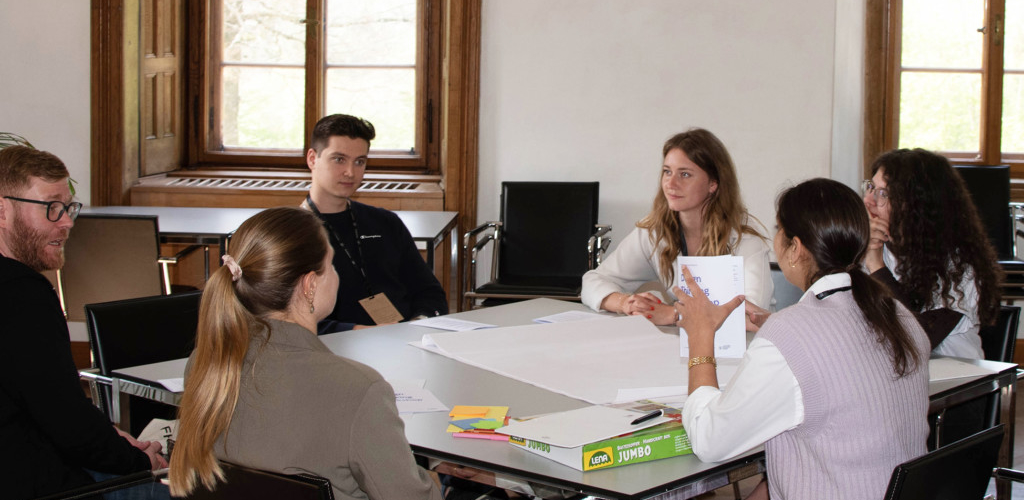
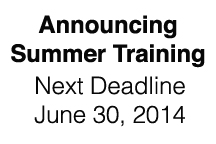
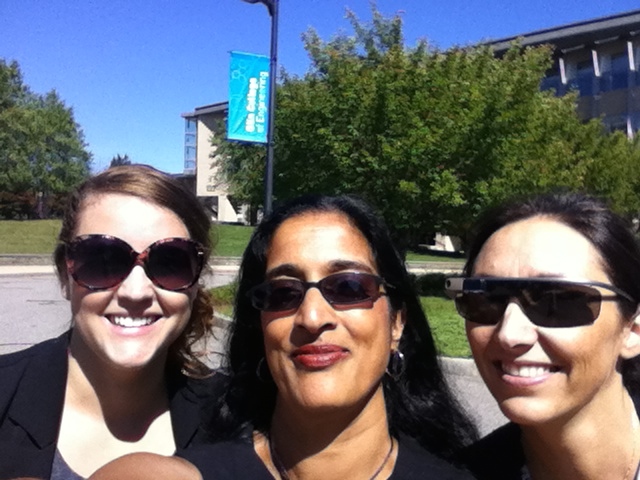

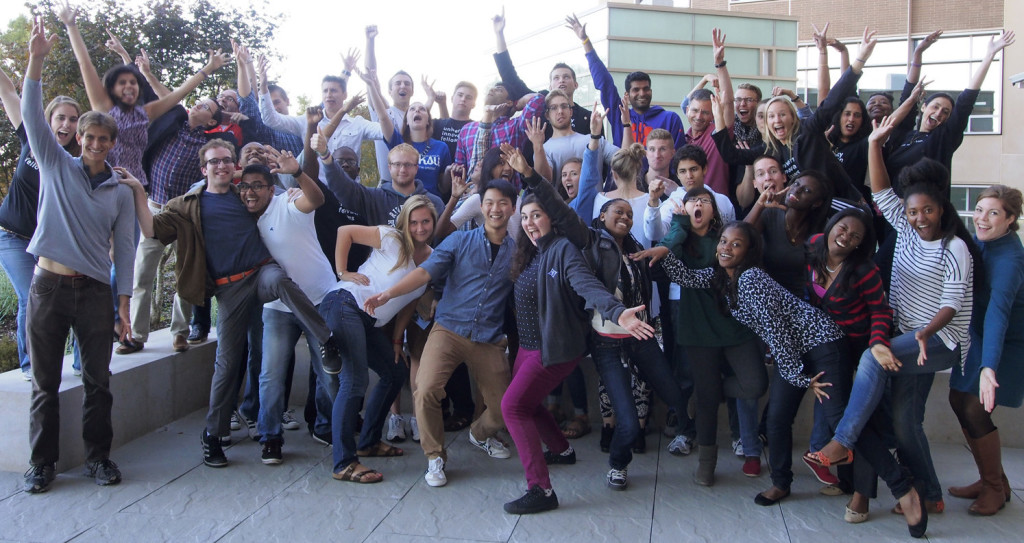
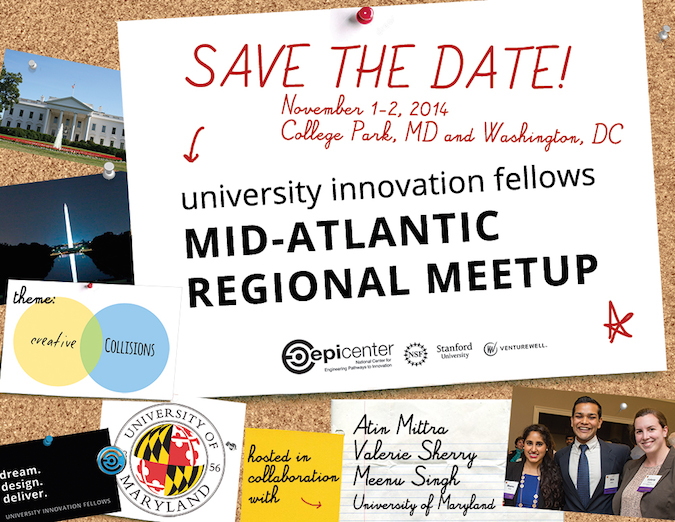
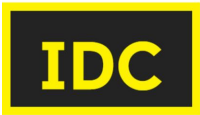
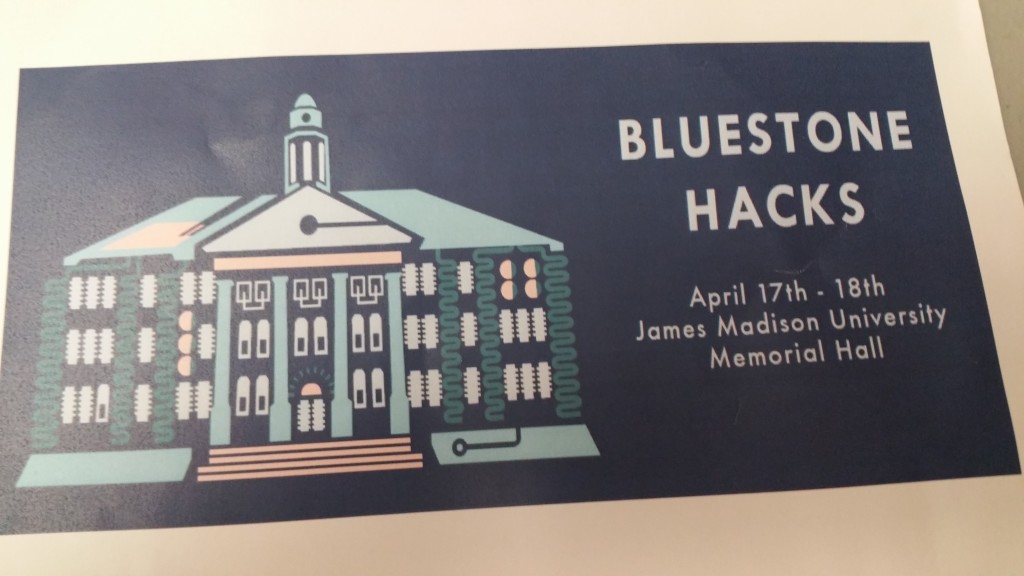




Leave a Reply
Want to join the discussion?Feel free to contribute!